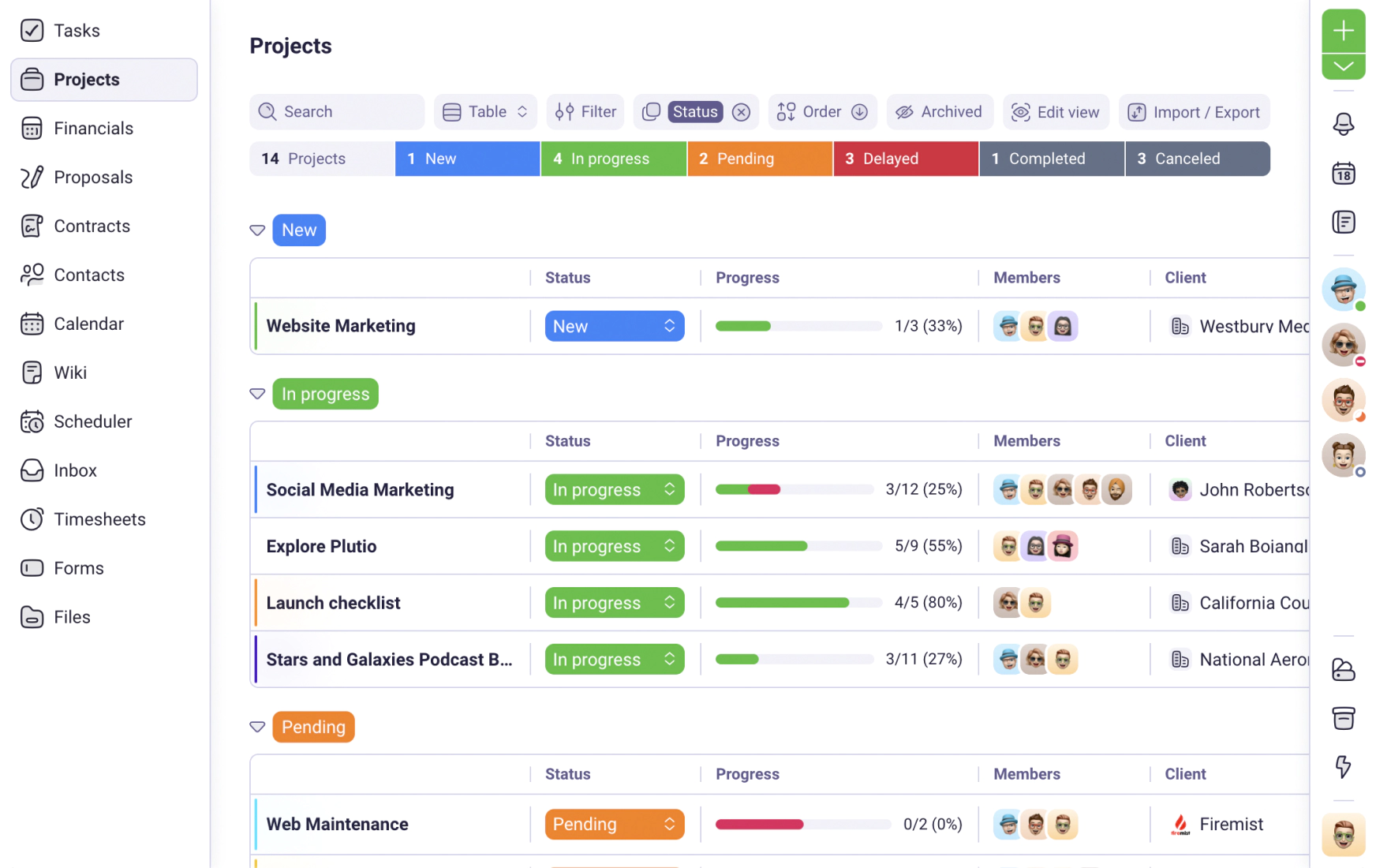We use cookies to personalise and enhance your experience.
As we move into Fall, it seems likely that many people will be working from home to the end of the year (or longer). During this time of remote work, the humble email has become a vital collaboration tool and crafting emails is more important than ever. The drawback of emails is that, out of the office, your colleagues and peers are receiving more emails than ever before. The challenge is to have yours stand out, get to the point and communicate effectively. Read on for the best tips to improve your email game.

BLUF: Bottom Line Up Front
BLUF stands for bottom line up front - and it means getting to the point straight away! Nobody has time for a mystery novel that reveals what you want in bits and pieces, or at the end of a wordy email.
“Most people will appreciate you asking up front what you want,” says Lillie Philipps, a marketing blogger at Boom Essaysand Academized. “You then support that ask with reasoning and context in the next part of the email.”
Be Clear
When you send an email asking for something or delegating tasks, be clear about who you are asking to do the work. That way people can’t point fingers or assume another person in copy will do the work.
Subject Lines are Your Friend
Compelling email subject lines can cause your recipient to open and read the email. The more compelling a subject line, the more likely they are to open your mail and read it quickly.
Send a Follow-Up After a Meeting
It’s good practice to send a follow-up email after a meeting or conference to confirm what you have understood and heard. This avoids misunderstandings about workload, delegation and so on, and facilitates accountability. Since meetings are now all virtual, things can get lost in translation - or rather, due to a bad connection - and it’s helpful to confirm what you think you’ve heard.
Give a due date
If something is really urgent, it might be best to call because some people only check their email a couple times a day. Don’t put someone into a panic by demanding something last minute just because you forgot to plan ahead! Otherwise, be sure to stipulate the due date of whatever you need them to do.
“Give them some flexibility,” says Andrew Strada, a business writer at Reviewealand Ukservicesreviews. “These days, many of us are juggling homeschooling with remote working, and have even less time on our hands than before the pandemic!”
Three Email Rule
Emails are not meant to be used as IMs. If something isn’t resolved in three email exchanges, pick up the phone and talk to them that way!
Schedule Emails
Scheduling emails can prevent the exchanges from turning into IM chats, too. The time between emails often prevents emotions from running high and gives recipients time to think before they respond.
Scheduling emails can also prevent evening or weekend work. This is particularly important if you are a manager - leave off the emails (or write them but schedule them to be sent the next working day) when your staff are off work. Otherwise they might cancel dinner with their family in order to get work done. It’s a confusing time, switching to remote work, and the need to establish expectations and time off is crucial. Let your employees and colleagues disconnect and recharge!
Out-of-office responses
Just because you’re not physically ‘in’ the office doesn’t mean you can’t have an out-of-office response set to reassure colleagues that you’re away, and will reply as soon as you return. You can include many things: that you want them to call if it’s an emergency, that you’re working odd hours to care for your family members, or simply that you’ll reply when you return.
Conclusion
2020 is turning out to be a trying year for all of us, but with the right communication strategy and know-how, we can continue to do our best at work. Emails have become a crucial form of communication in this new, remote working culture, and we should all be striving to use them well.
Kristin Herman is a tech enthusiast and a project manager at Australian helpand Big Assignmentsonline writing services. She writes articles for online magazines and blogs, such as Topcanadianwriters.com, and others.
Have you tried Plutio yet?
The only app you need to run your business and get work done.
Try Plutio for FREESupercharge your business
The complete toolkit to run your business
The intuitive all-in-one solution to manage and collaborate on projects, share files, build forms, create proposals, get paid, and automate your workflow.
No credit card required


